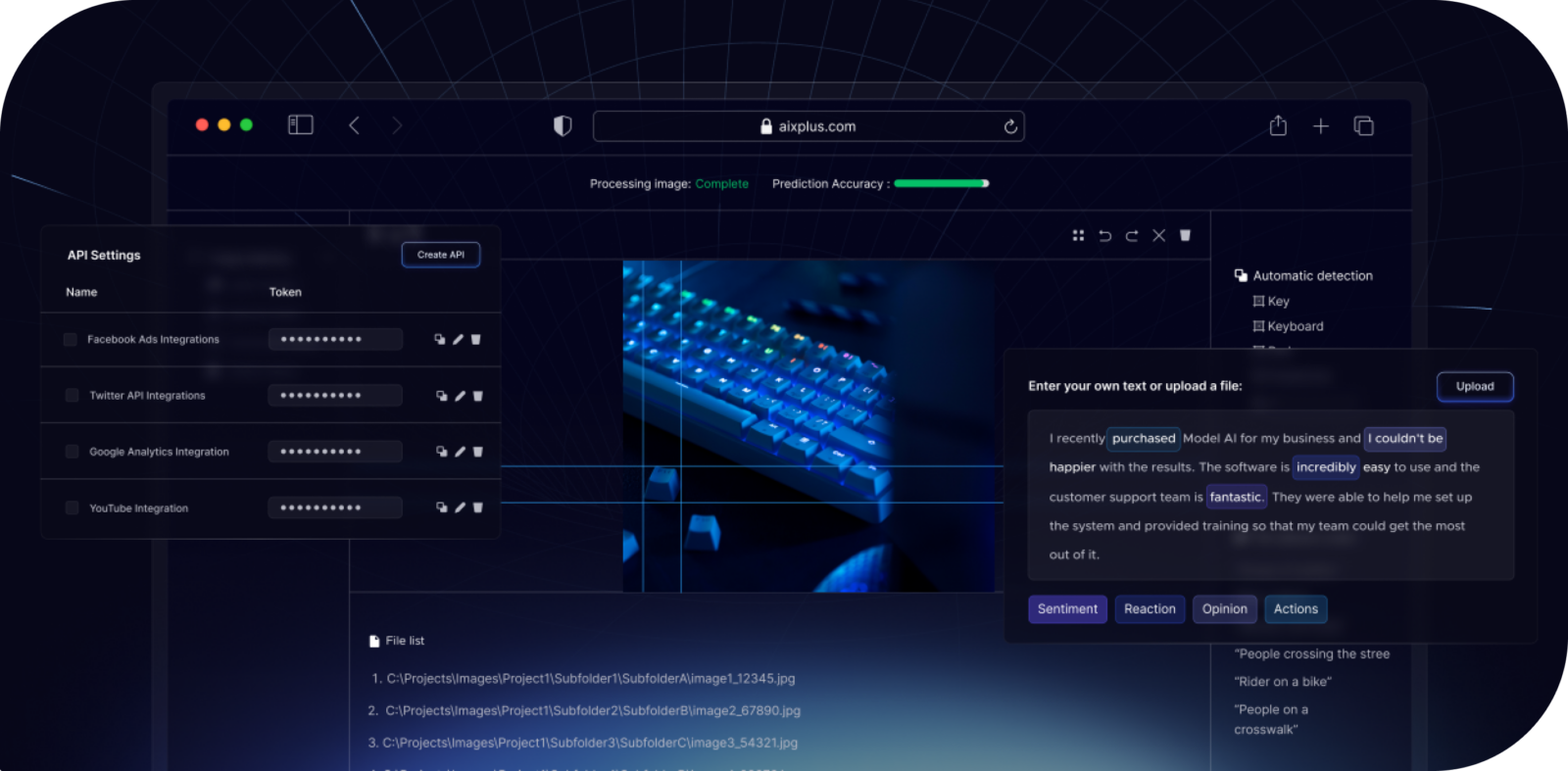AI-Driven Software Development Automation for Requirements, Design, and Code Delivery
A complete AI-powered workflow to transform vague ideas into working software

Project background
Overview
The traditional process of developing software is time-consuming and often requires constant back-and-forth between business stakeholders and developers. Small changes in requirements can delay delivery or introduce errors. Our team set out to solve this by building an AI-powered pipeline that automates critical development stages – from refining client requirements to generating tested and deployable code.
This system uses large language models (LLMs), document parsing tools, and AI-based generators to improve both speed and quality of software production. Each stage includes checkpoints for expert validation to make sure the outcome meets business goals and tech standards.
Project Goals
- Automate time-consuming development stages using AI.
- Reduce time-to-spec and time-to-code by 40–60%.
- Make technical documentation and backlog creation faster and more reliable.
- Support non-technical stakeholders with simple inputs and outputs.
- Allow teams to scale faster without sacrificing code quality.
- Web & Mobileapp
- 5team members
- 900+hours spent
- AI & Analyticsdomain
Challenges
- Translating vague client inputs into precise requirements.
- Maintaining quality across AI-generated artifacts.
- Adapting workflows to various tech stacks (frontend/backend/data).
- Ensuring human oversight without slowing down the process.

Our approach
Solution
We divided the software development process into eight modular stages. Each stage used a combination of generative AI tools, custom logic, and human review. We treated every step as a transformation task — inputs go in, AI processes them, and validated outputs go to the next stage.
By structuring the workflow like this, we could plug in different models (Claude, GPT-4, etc.) depending on their performance and cost-efficiency. We also built internal tools for reviewing AI-generated specs and visualizing schema changes and API flows.
To address the inefficiencies in traditional software development, we designed a modular AI-powered pipeline that automates the full lifecycle of software delivery, from requirement clarification to code generation and QA. We divided the process into eight distinct stages, each powered by dedicated LLMs and integrated tools. These stages include AI-generated clarifying questionnaires, automated extraction of use cases, structured generation of technical specifications, schema modeling with ER diagrams, and backlog creation. Once the planning is in place, AI generates API definitions, scaffolds codebases, and prepares CI-ready infrastructure scripts. The pipeline ends with auto-generated test cases for both functional and UI flows. At each step, outputs are reviewed or guided by experts to maintain accuracy and business relevance, ensuring the system remains a support tool, not a replacement, for experienced engineering teams.
Team
The project was led by a core team of AI engineers, supported by a DevOps expert, a solution architect, and a product manager. Each member focused on a specific module of the pipeline, ensuring deep specialization and fast iteration.
Results
This solution significantly changed how we handle early-stage product development. Requirements are clarified faster and with fewer misunderstandings, technical documentation is generated with improved consistency, and early prototypes become available in a matter of days, not weeks. The reduction in manual work allowed teams to focus on validating product ideas and improving user experience earlier in the development process. The structured approach improved communication between business stakeholders and engineering teams, making delivery more predictable and reducing rework. Startups using this pipeline were able to accelerate their time-to-market, and internal teams reported better onboarding experiences thanks to the clarity of generated documentation and backlog structure.
Our AI-driven development process has already been applied in more than ten early-stage product launches. It helped three startups build and deliver MVPs in under one month, reducing typical timelines by more than 50%. The approach has been successfully reused across fintech, education, and productivity domains, and is now being integrated into our standard project delivery toolkit as a trusted accelerator for client engagements.
Tools and tech stack
More Projects

- saas
- python
- webapp

- legal
- dotnet
- webapp





